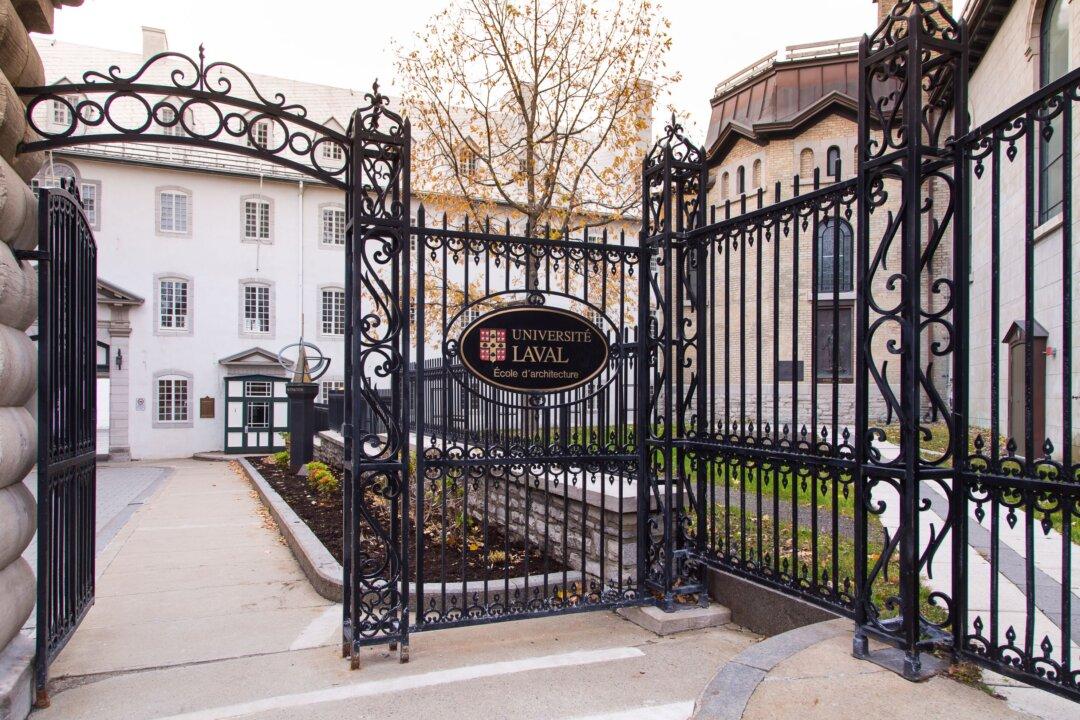Two Quebec academics say they are concerned about the censure and censorship of professors in the province who questioned government responses to the pandemic, including the vaccination of children.
In a June 22 Quebecor Media article, Patrick Provost, a full professor in the department of microbiology and immunology at Laval University, questioned whether it was right to impose vaccine passports and mandates and “muzzle the professionals and academics who criticized the health measures.”





